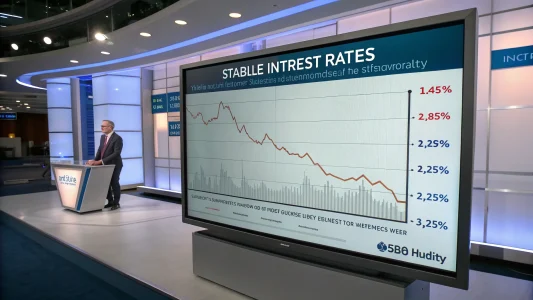As 2025 approaches, parents of college-bound students are confronting new challenges in teaching financial responsibility while maintaining oversight of their children’s spending habits. The balance between granting independence and providing guidance has become a key concern for families managing tuition payments and daily expenses.
Financial experts note that college represents the first significant opportunity for many young adults to handle substantial sums of money independently. This transition period requires careful planning by parents who want to foster good money management skills without risking financial missteps.
Credit Card Solutions for Student Spending
Major banks have responded to this parental dilemma by expanding their add-on credit card offerings. These specialized financial products allow students to make purchases independently while giving parents visibility and control over spending limits and categories.
“Add-on cards create a financial training ground,” explains one banking representative quoted in industry materials. “Students learn to budget and spend responsibly, but parents can step in if necessary.”
These cards typically connect to the parent’s primary account but feature separate login credentials and spending limits that can be adjusted remotely. Parents receive real-time notifications of purchases, allowing them to monitor spending patterns without micromanaging every transaction.
Building Financial Literacy Through Guided Experience
Financial education experts suggest that supervised spending through add-on cards provides practical experience that classroom financial literacy courses cannot match. Students learn to:
- Track expenses against a monthly budget
- Distinguish between wants and needs
- Understand credit utilization and its impact
- Develop emergency fund planning
The hands-on approach appears to yield better results than theoretical knowledge alone. Students who manage limited funds under parental guidance report greater confidence in making financial decisions independently after graduation.
Banking data shows that students who use add-on cards with parental oversight are 40% less likely to accumulate problematic debt during their college years compared to those given unsupervised access to credit.
Balancing Independence with Protection
Parents must navigate the fine line between protecting their children from financial mistakes and allowing them enough freedom to learn from experience. Financial advisors recommend starting with tight controls that gradually loosen as students demonstrate responsible behavior.
“The goal isn’t perfect financial management from day one,” notes one financial advisor. “The goal is creating a safe space for students to make small mistakes they can learn from without facing devastating consequences.”
Some parents report success with matching programs, where they contribute additional funds when students demonstrate savings discipline. Others use spending reviews as teaching moments rather than opportunities for criticism.
As tuition costs continue rising, the stakes for financial education have never been higher. Students who graduate with strong money management skills avoid many of the debt traps that plague recent graduates.
For families preparing for college in 2025, financial experts recommend beginning conversations about money management early and considering add-on credit cards as one tool in a broader strategy of guided financial independence.
















